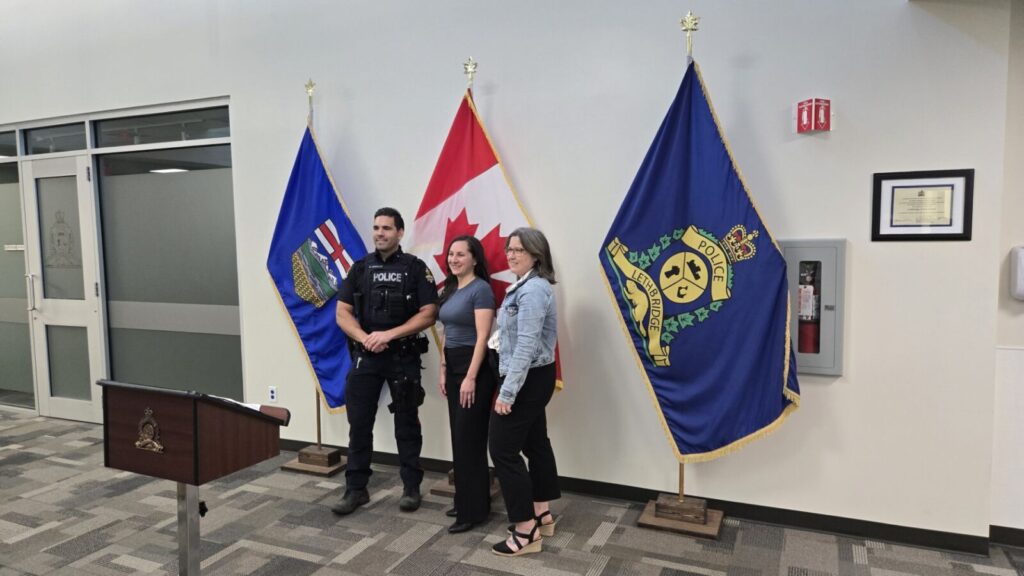An updated online safety toolkit has a new home in Lethbridge.
The toolkit was launched in October 2024 as part of the City of Lethbridge’s Building Safer Communities initiative. It has since been revamped with new tips for kids and parents and is available at the Lethbridge Police Service website.
“We’ve added a lot more information, new resources and a couple of new sections,” says Ashley Killins, a Safer Communities Educator.
“When we first started the toolkit, we really were aiming for families but as it’s evolved now, we’ve made it a larger resource that can be accessed by any age.”
She explains that the toolkit covers topics like parental controls on devices, risks that are present in the current digital landscape for youth and offers some preventative measures to educate both children and adults. Killins notes that kids are online quite often currently, and that technology follows them outside of their homes.
“It [is] in their pocket, whether [that’s] at school, on online gaming or within the community, so it’s very important that youth themselves are being educated on how to access support and how to support themselves as they encounter these risks, but also for adults to understand the conversations that they need to be having from a very young age and continue having as they [get older] in order to take a preventative approach because things will happen online,” she states.
Other topics covered by the toolkit include:
- Violence
- Cybersecurity
- Gang recruitment
- Fraud and scams
- Social media apps
One new section is an ‘In the News’ feature, which highlights local online risks featured in the media, such as gang recruitment, online radicalization and the rise of sexual exploitation. The ‘Youth Zone’ section offers support for when things get risky online, such as instances of cyberbullying, as well as tips for safe online interactions and the dangers of sharing intimate images and messages.
READ MORE: Online resource released to highlight cyber safety
LPS Constable Chris Andrade is with the Youth FASD Justice Program. He says over the last few years, they have noticed a growing trend of youth involved in risky online behaviour.
“As a police service, we’re always responding to those and then giving parents information after the fact when something has happened,” Andrade says. “With a resource like this, we’re hoping parents and youth in the community can access these resources proactively and maybe try and avoid having further victimization or issues online.”
He adds having all this information in one central location will ideally make it easier for parents to find this valuable information, as opposed to searching through multiple sites to get the information they need.

“As soon as we have a youth that’s accessing a cell phone, a tablet or the internet, we should have parents that are aware of the dangers that are online,” Andrade says.
“Unfortunately, even when it comes to kids being involved in online games, we have people that will use and exploit all these sites to try and groom kids, and we just need to make parents and youth aware of those dangers when they’re using those systems.”
The safety toolkit can be accessed on the LPS website.







